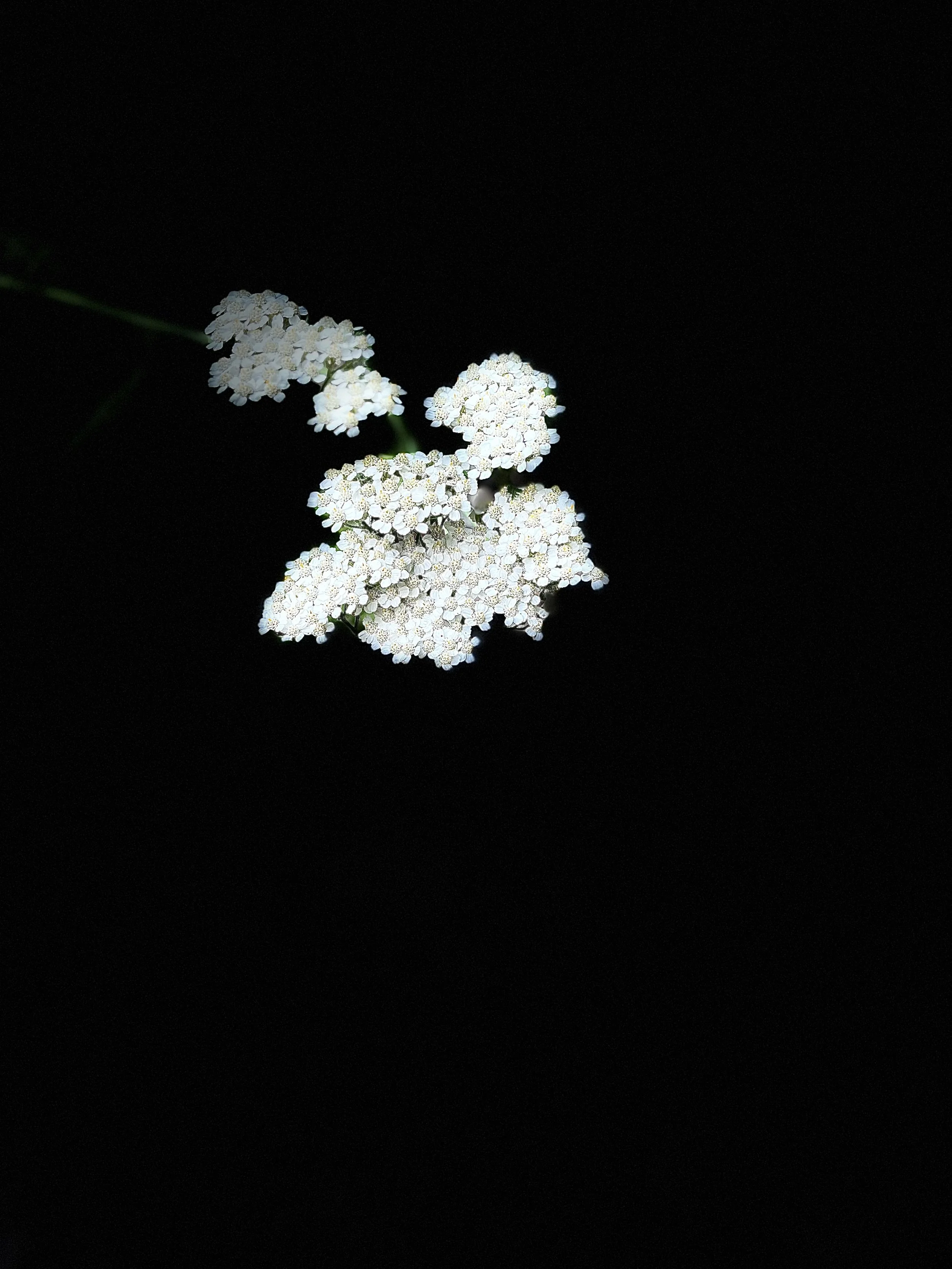‘Olfactory Reading’, ‘Response to Rosalind’ & ‘The Sunday Blues’
Elizabeth Agre ran far away from city life and into the north woods of Minnesota. She took her husband and the dog with her. She writes, paints, and takes pictures.
Olfactory Reading
persistent peaches parcel out
persnickety phrases of frenetic energy,
forcing flavor into the sleepy sky
spying for a time down on the forlorn shores
frozen like a foreign forest
folded inside the bindings,
on a child’s bookcase, hiding
she yells
MAKE YOUR ANIMAL CALL
and you snicker as silently as possible
between coat jackets in the downstairs hall.
Toes tip and pat outside the door that opens…
PEEK-A-BOO BooHOO, Squeal! Cheer!
Cheep like the chicken trying to cross the road with
curb corners chipped by car doors, horns—HONK!
we watch. we listen.
suppose we could sit and sip spiced tea
and hit. out. these. words on weightless
table tops until we are stopped
by those devilishly persistent, fuzzy-ass peaches.
The Sunday Blues
Low long trombone
sing.
I see the instrument slide across the sky
of a brilliant gray winter,
drinking homesick sorrow on ice.
Wrapped in my red flannel
I walk forward across the quad
as memory takes me backward
back to when breath seeped out &
down from the clouds
& the low long trombone
singing.
It is memory. It is sorrow.
It sings.
My parents’ porch swing, rickety,
creaked back & forth every Sunday
Our legs dangling, waiting,
wanting to ignore
that we are time’s subjects
& time bids be gone.
We looked up at the sky
[before they had to sell]
& watched how that trombone would slide
in its arc with its brass brothers—
into those sunsets golden and shining.
It is memory. It is sorrow.
It sings
on the railing next to this
porch swing, creaking of tomorrow
with rusted
& brown corded leather—we listen
with that drowsy alertness
eyeing the somber, pensive Sunday sky.
Deep, darkening colored light falls
between our eyes
and underneath sweatshirts
sweat drips and cools in the indigo night.
The day gone, kisses goodnight, those jazz tones
slow & low & easy
echo behind us up the stairs
Singing brass fades to strings
—(softly) plucked
strum strum strum these clothes off
these shoulders
these knees
these feet
Dust beneath my feet
walking back across the quad—
back across the expanse of graying time
Swinging the door
o p e n into memory
then closed
and back
then again
like a creaking swing
open
to these hope-string, Sunday blues
—trombone croons—
Death
in the after gloom
Kate Caraballo (née Weaver) is a poet and fiction writer living in Youngstown, Ohio. Her work has been published by Z Publishing House, Agora, The Carroll Review, Quaranzine, and Poetic Sun. Kate earned her B.A. in English at Belmont Abbey College and her M.A. in English at John Carroll University. In 2018, she received the Jean S. Moore Award for Fiction for “The Old Man’s Piano,” and an Honorable Mention from the NCC Media Association for “The Aftermath” in 2017. She now works as a full-time mom, an adjunct professor at Youngstown State, and as a part-time freelance editor with Reedsy. Her current themes of interest include sexuality, feminism, social criticism, mental health struggles, coming of age, and, more recently, ekphrastic writing. Kate is an editor and reader for Chestnut Review and a reader for Seven Kitchens Press. Visit https://katecaraballo.wixsite.com/caraballoportfolio to read more of her published and upcoming work.
